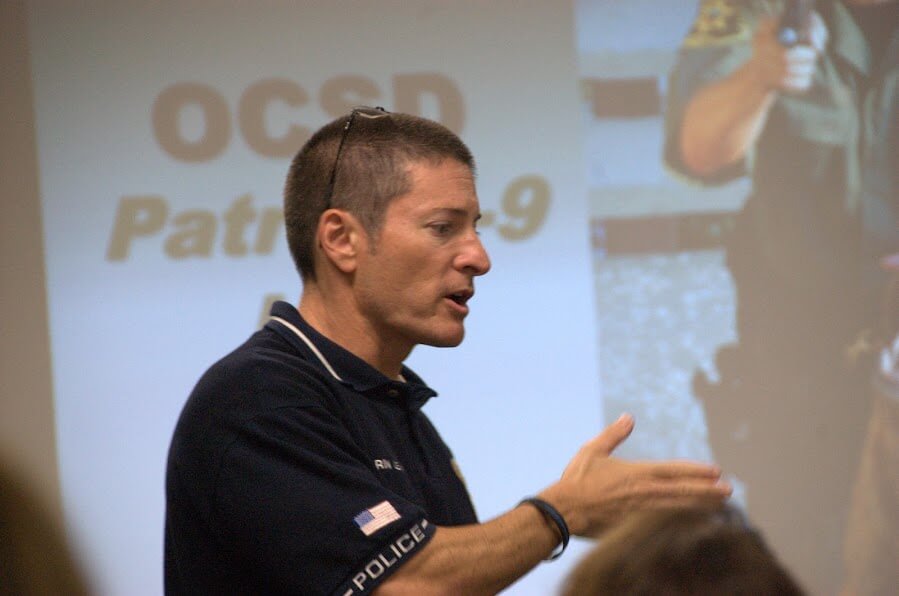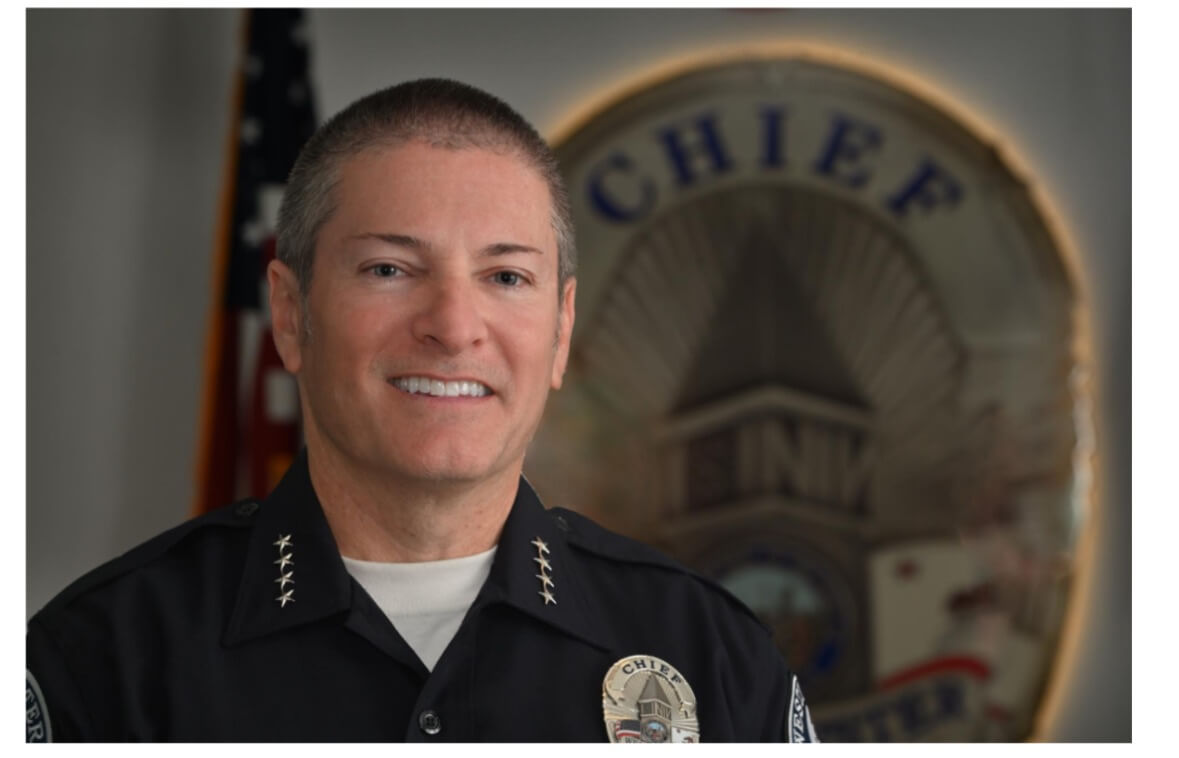From Selection to Success - Developing Exceptional Police Trainers
From Selection to Success - Developing Exceptional Police Trainers
While at training, have you ever asked yourself, “What am I doing here?” Or made the mental statement, “This is going to be a long day,” followed by a series of text messages to your buddies in the room on where they want to go for lunch? Or (my favorite) within the first ten minutes of class, you decide to get caught up on your email using your Smartphone. Why is it that this sometimes happens at courses with an interesting topic, yet other classes with seemingly boring topics turn out to be great classes? The answer in a word is the instructor.
With shrinking training budgets, agencies must ensure the most experienced and skilled candidates are chosen to train their personnel. The subject matter of the training is what usually comes under scrutiny for relevance.
However, even the most vital subject matter can have little or no value to officers if not delivered by an instructor who, plainly put, knows what he or she is talking about.
During my career, I have seen many officers become or try to become instructors for many reasons. Some of these reasons are self-serving, such as padding the resume or feeding the ego. Others become instructors because they have developed an area of expertise and want to give back to law enforcement. These are the instructors we are looking for!
When evaluating an officer who would like to instruct on a topic, police leaders need to evaluate their interest in the topic and the motive for wanting to teach it. The instructor candidate should not only have extensive training on the issue, but also years of practical experience.
One of the overlooked aspects of choosing instructors is their ability to actually teach. What is their public speaking ability? How credible do they come across to an audience? One way to evaluate this is to give the candidate opportunities to demonstrate his/her teaching skills. Having them make a community presentation or conduct some type of training in briefings is an excellent possibility for not only evaluation purposes, but also allows the candidate to develop the skills he/she will need to succeed.
Some other underutilized opportunities to evaluate and develop instructors are teaching at your department’s citizen academy, explorer post, new employee orientations, and citizen police volunteer units. It is important to give honest feedback on your observations of the candidate’s abilities during these training sessions. This feedback will allow the candidate to work on any areas of concern and to hone the skills needed to become a successful instructor.
 Once the candidate is eventually chosen, they should be sent to train-the-trainer courses if they have not already completed them. Having the correct certification should be mandatory and specific in every field being taught. In addition, the instructor’s training should be ongoing and up to date.
Once the candidate is eventually chosen, they should be sent to train-the-trainer courses if they have not already completed them. Having the correct certification should be mandatory and specific in every field being taught. In addition, the instructor’s training should be ongoing and up to date.
After selecting the right candidate to become an instructor, you should not think your part is over. Instructors need to be reevaluated periodically. Current practical experience needs to be re-examined when an officer has been teaching a subject matter for some time. We have all been to training where the instructor used to work in some type of specialty, but continued to teach even though they are not current on the matter from a functional standpoint. This is usually illustrated during a training session when a difficult question is asked. The instructor will either not know the answer or attempt to answer it by talking in circles.
Another aid to assist with reassessing instructor qualifications is the course critique. They are commonly used in POST courses, but not a standard in most agencies’ in-house training. These course evaluations should always solicit feedback on the teaching abilities of the instructor and should not require the disclosure of the evaluator’s identity, especially for in-house training, to ensure candid responses.
Failure to select the right instructor will result in poor training for staff and reflect negatively on the department’s image. It can lead to liability, poor officer safety tactics, and the waste of valuable workforce time. It also suggests poor decision-making by supervisors and managers in the selection process.
Those involved in the selection process for a candidate desiring to become a police instructor should consider several factors to make sure the most qualified and experienced officers are selected. Instructor candidates can be developed by giving them opportunities with in-house presentations, which can also be used to observe their ability to teach. Ongoing reassessment of officers who have been instructing should include an evaluation process and should be anonymous. The more time and effort put into selecting the instructor will greatly enhance the training experience for all those involved and will increase your department’s image.
About the Author:

Chief Darin Lenyi started his sworn law enforcement career in 1987 and currently serves as the Chief of Police with the Westminster Police Department. He has worked in most specialty assignments throughout his career and is currently the most tenured municipal police chief in Orange County.
